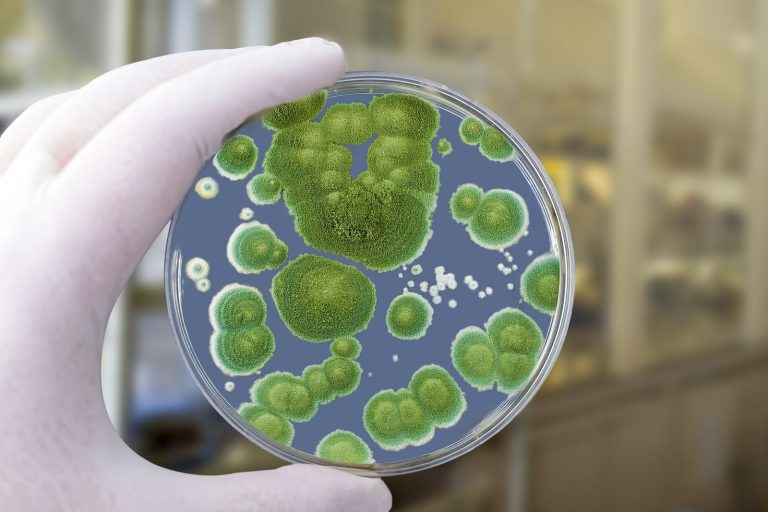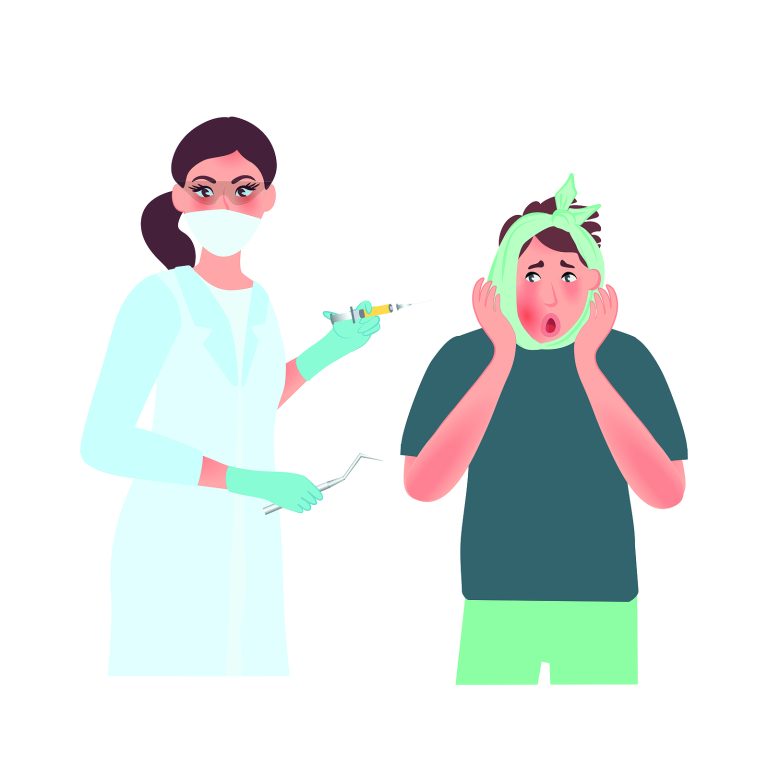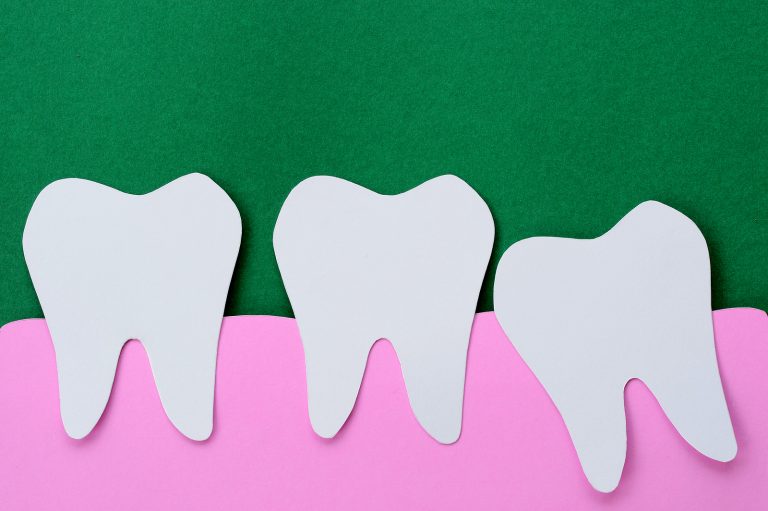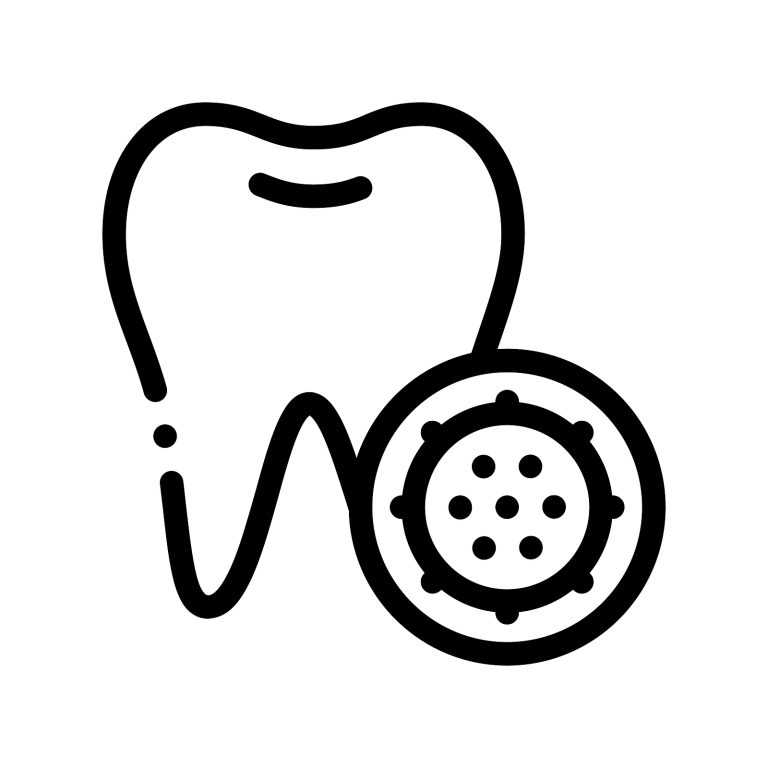Prioritising your oral health and hygiene is a must if you’re to keep dental problems at bay, but sometimes events occur that are outside of your own control, even if you do make sure that you brush and floss twice a day and see a dentist every six months.
The general quality of our teeth is often down to a genetic lottery and if good teeth run in your family it’s likely that you’ll have fewer dental concerns as you grow up.
However, no matter how good your genes are, they’re not the only determinant, and you may find that you suffer from impacted teeth, which can be problematic if not dealt with in a timely fashion.
What are impacted teeth?
As infants, our teeth start to emerge through our gums and then once again when our adult teeth replace our baby teeth. Typically, this takes place without incident, but occasionally teeth will not come in completely, known as an impacted tooth.
Wisdom teeth in particular can be affected, with the tooth stuck in the bone or gum tissue. This can be caused by the jaw being too small for the wisdom teeth to fit in, for example. It’s also possible for teeth to tilt or twist as they start to emerge, which can also cause impaction.
Much of the time, impacted teeth are painless and don’t cause any further issues. However, it’s possible that they can push onto the tooth next to them and have a knock-on effect elsewhere in the mouth, potentially leading to a misaligned bite.
You may not experience any symptoms if you have a fully impacted tooth, but look out for signs including:
– Pain or tenderness in the gums or jaw bone
– Difficulty opening your mouth
– Bad breath
– Headaches
– Jaw ache
– Redness and swelling in the gums around the affected tooth
– A visible gap where the impacted tooth should be
If your impacted tooth isn’t causing any problems, it’s likely that you won’t need to have any treatment. You may want to consider braces, however, if the tooth in question is towards the front of your mouth as this can help pull it into position.
Can impacted teeth cause dental abscesses?
While impacted teeth are often painless and not bothersome at all, they can increase the chances of food and debris being trapped in the soft tissue surrounding the tooth, which can lead to the build-up of plaque and bacteria.
This, in turn, can cause inflammation and tenderness in the gums, as well as potentially causing decay on the affected tooth and those around it, heightening the risk of dental abscess onset.
What are dental abscesses?
Dental abscesses are where pus starts to build up in the teeth or gums because of an infection. Tooth impaction can cause these abscesses because it’s easier for bacteria and food debris to get trapped and because it’s harder to clean the teeth more effectively, especially where wisdom teeth are concerned.
Symptoms of dental abscesses include:
– Pain in the gums
– Intense toothache
– A bad taste in the mouth
– A swollen face or jaw
– Redness in or outside the mouth
– Sensitivity to hot and cold food/drink
– Difficulty chewing food
– Difficulty opening your mouth
How can dental abscesses be treated?
Remember that dental abscesses will not resolve themselves on their own and you will need to see a dentist in order to have the pus drained and the infection taken care of.
However, if you’re unable to get a dentist appointment for whatever reason and need some interim relief, you can buy amoxicillin antibiotics online to fight the bacterial infection until you’re able to seek further medical attention.
Amoxicillin is a penicillin antibiotic that is the first-line drug of choice for dental infections. You need to make sure that you take the entire course of antibiotics to ensure that the infection is properly dealt with. You should start to feel better after a few days.
You can also use amoxicillin alongside other antibiotics, such as metronidazole, which can be prescribed to help tackle the infection if the bacteria is proving resistant.
Once you are able to see your dentist, they’ll treat the abscess by draining it to get rid of the infection. It’s possible that the tooth can be saved with a root canal, where a hole is drilled in the affected tooth and the abscess drained before the tooth is cleaned and shaped so a temporary filling can be put in. A crown may be required if your tooth was badly infected.
Always remember that leaving your dental abscess untreated can cause serious and even life-threatening complications, with the infection spreading to nearby teeth, the jaw, neck and even the brain (although this latter issue is rare).
How can dental abscesses be prevented?
While there’s little you can do about impacted teeth, you can help prevent dental abscesses arising from other causes by ensuring that you follow a robust oral hygiene regime.
For example, brush your teeth at least twice a day using fluoride toothpaste and avoid rinsing after you’re done or you’ll swill the fluoride off your teeth. Use floss or interdental brushes to clean in between your teeth and to protect your gums at least once a day.
Replace your toothbrush with a new one every three months or when the bristles are matted and go to see your dentist every six months or thereabouts to keep on top of any potential issues.
You can also help improve the general health of your mouth by avoiding alcohol and not smoking.







